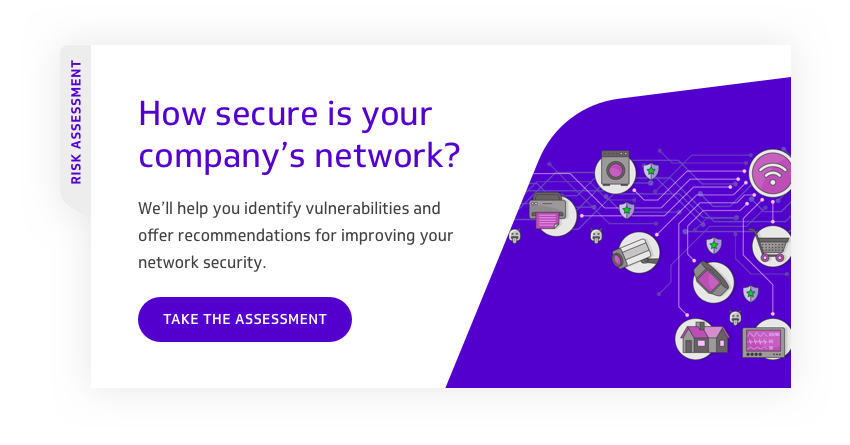BLOG
Our Top 5 Tips for Choosing a Managed Services Provider (MSP)
A Managed Services Provider (MSP) can give your businesses the flexibility of access to a dedicated and highly-skilled IT team without its being an in-house resource. The can manage your cloud demands, and make sure your other key IT infrastructure stays up and running. Choosing the right MSP can give your in-house IT team their valuable time back and can also reduce the stress on business owners if they set clear SLAs on how they want issues to be handled and escalated.
But if your business chooses the wrong Managed Services Provider, you could be left with unexplained downtime, reputational damage, and unhappy customers. When choosing a dependable MSP, you’re investing in the stability of your business. What should you be looking for when choosing a MSP?
1 - You need an MSP that can adapt as your business needs change
The beauty of outsourced IT services is that all you need to specify is the type of cover you require and then it’s up to your MSP to ensure that the required resource is in place. For example, you might be considering expanding your customer support to provide out-of-hours cover, without having to increase your in-house headcount.
Then as your business grows, you may need to provide an even better service level, requiring additional resource available to handle customers’ calls. When you’ve decided on your MSP, it’s vital to discuss how flexible you need them to be and how the changing needs of your business require support.
2 - Your MSP’s staff should be honorary employees of your business
Whether you’re a healthcare organisation, a beauty business or deal with bricks and mortar, every industry has its own niche. That means your Managed Services Provider needs a level of understanding of what your customers expect and how your business delivers service to them.
How well your MSP understands your industry has a direct impact on how well they support your business, especially when they’re supporting your IT infrastructure. They need to know how to support your business within your industry, so it’s worth investing the time in training the MSP on how to keep your customers happy.
3 - Your business doesn’t sleep, so neither should your MSP
Your Managed Services Provider has responsibility for supporting and maintaining your valuable data which means they must be available whenever you need them. If and when things don’t go according to plan, you need to know that any potential data drama or cybersecurity risk is being handled in the timeliest way.
That means at any time of day or night, at weekends and on public holidays. Effective monitoring of your networks ensures that your MSP can deal with any potential problems or red flags proactively rather than reactively.
4 - You’re entitled to ask for a reference
With MSPs, a proven track record is everything. Once a deal is done, and a salesperson is no longer involved, you need to know that the service you’ve signed up to will be delivered. When you are deciding on an MSP, it’s key to ask for references before signing a contract.
You may even know another business they serve that will act as a reference point and could ask them on an informal level about the experience they have had with your potential MSP.
5 - Do you want an on-site presence?
A remote Managed Services Provider can often deliver everything you need, but sometimes, you might need some on-site assistance. Before committing to an Managed Services Provider, check whether they’ll be able to offer you on-site support. It’s always a good idea to negotiate on-site presence and the support coverage hours for site visits within a Service Level Agreement to make sure that you both know what to expect from your relationship.
Do you want to speak to us about how we can become your honorary team members and support your IT department around the clock? Get in touch with Intercity Technology today or read more about our network and infrastructure support.
Subscribe to our newsletter
YOU MAY ALSO BE INTERESTED IN:




